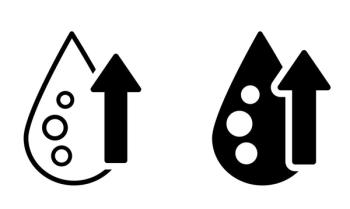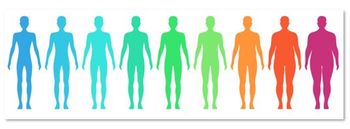
Age Is Factored into Heart Disease Treatment Decisions
LONDON -- About half of all British doctors explicitly take age into consideration when they evaluate simulated patients for symptoms of heart disease, according to researchers here.
LONDON, Feb. 14 -- About half of all British doctors explicitly take age into consideration when they evaluate simulated patients for symptoms of heart disease, according to researchers here.
The survey of 85 physicians, who were presented hypothetical patients for decision-making, was an effort to find out whether the phenomenon of under-treating and under-testing of older patients with cardiovascular symptoms is a function of age alone or other factors, such as co-morbidity.
The physicians -- cardiologists, general practitioners and gerontologists -- didn't differ in their opinions on the basis of specialty, gender, or years of experience, according to Clare Harries, Ph.D., of University College London.
On the other hand, doctors who were influenced by age were on average five years older than those who were not (P=0.05), Dr. Harries and colleagues reported in Quality and Safety in Health Care. The mean age of the doctors was 39 (range, 28 to 75).
The researchers asked the 85 physicians to make treatment decisions on 72 fictional patients with chest discomfort, presented electronically during three separate one-hour sessions. The doctors could access up to 73 separate pieces of information about each patient, as well as a photograph.
The decision-making process was followed by a questionnaire and a semi-structured interview aimed at teasing out the reasons for each decision.
The study found that 46% of generalists and gerontologists and 48% of cardiologists treated patients 65 and older differently than patients younger than 65, independent of co-morbidity.
Specifically, compared with middle-age patients, older patients were:
- Two thirds as likely to be referred to a cardiologist (P
A generalist said: "I would be less likely to prescribe for an older patient."
On the other hand, another generalist said age is not important. "Quality of life is quality of life," said this doctor. "If you are in your 80s and your chest pain stops you going to the post office then it is just as disabling in terms of what your life is all about as in a young person's case."
Dr. harries and colleagues noted that the study found a substantial effect of age on certain decisions, but added that the study population had volunteered and might therefore have been "more reflective and more conscientious than the average doctor."
This may have led to an under-estimate of the influence of age in treatment decisions for real patients, Dr. Harries and colleagues said.
They also pointed out that examination of the reasoning behind decision-making suggests that age may be directly influential, indirectly influential, or may be used as a proxy for patients' wishes and other age covariates.
Newsletter
Enhance your clinical practice with the Patient Care newsletter, offering the latest evidence-based guidelines, diagnostic insights, and treatment strategies for primary care physicians.

































































































































